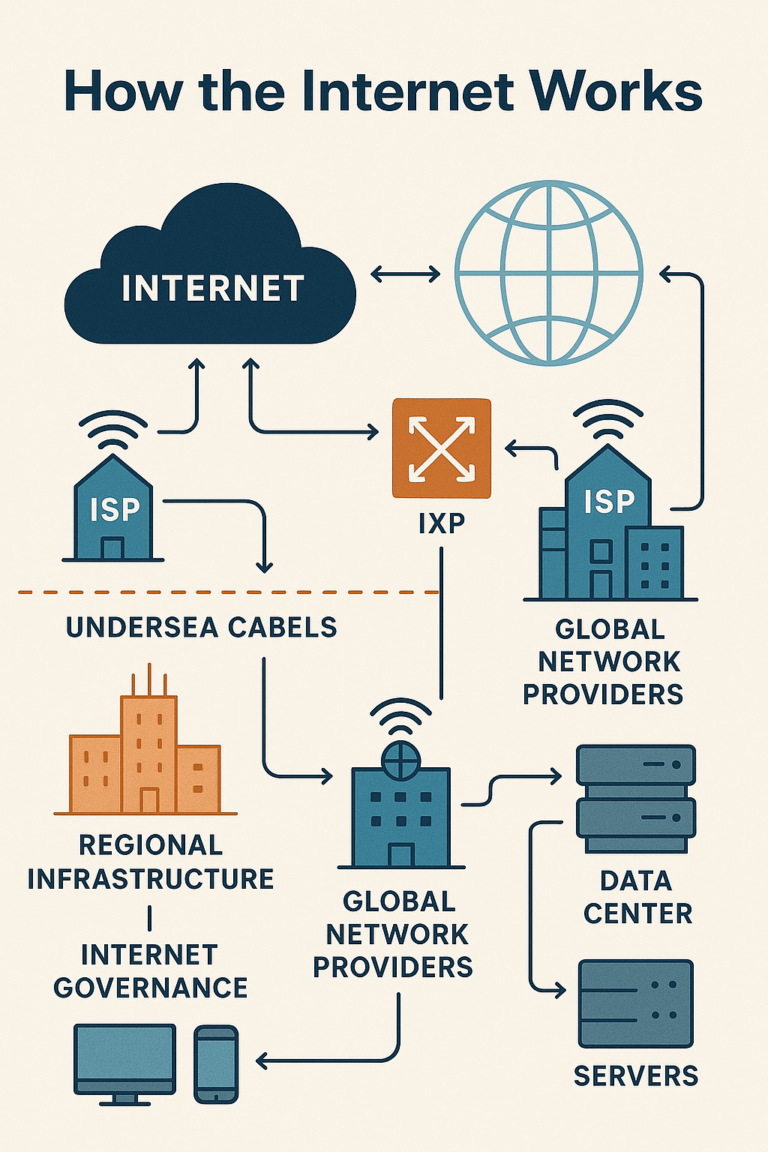How to Master Self-Control: The Ultimate Guide to Discipline and Success
Introduction
Self-control is the cornerstone of personal and professional success. Whether you’re trying to resist unhealthy food, stay focused on your goals, avoid procrastination, or control emotional reactions, mastering self-control is essential. This guide offers everything you need to build unshakeable discipline, backed by psychology, real-life strategies, and powerful habits.
In this comprehensive article brought to you by Sufficient Notes, we’ll walk you through the foundations of self-control, how to develop it, tools to strengthen it, and how it ultimately leads to a more fulfilled and successful life.
1. What Is Self-Control?
Self-control, also known as self-discipline or willpower, is the ability to regulate thoughts, emotions, and behaviors in the face of temptations and impulses. It’s what helps you:
- Stay committed to long-term goals.
- Delay immediate gratification.
- Avoid distractions and procrastination.
- Make healthier, more rational choices.
2. Why Is Self-Control Important?
Mastering self-control positively impacts nearly every area of your life:
- Better health: Avoid junk food, stick to exercise routines.
- Career success: Meet deadlines, manage time effectively.
- Financial stability: Spend wisely, save regularly.
- Relationship harmony: Respond calmly instead of reacting emotionally.
People with high self-control tend to be happier, more successful, and better at managing stress.
3. The Psychology Behind Self-Control
Self-control functions much like a muscle—it can get tired, but it can also be trained and strengthened. Psychologists refer to this as “ego depletion,” which is when your mental resources are used up and you’re more likely to give in to impulses.
However, just like physical training, the more consistently you practice self-control, the stronger it gets over time.
4. Common Challenges That Weaken Self-Control
Understanding obstacles is the first step to overcoming them:
- Lack of sleep
- Chronic stress
- Over-stimulation from technology
- Negative habits and poor routines
- Unclear goals or purpose
Recognizing these can help you avoid pitfalls and build stronger routines.
5. Step-by-Step Guide to Mastering Self-Control
Step 1: Define Clear, Specific Goals
You can’t control what you can’t define. Replace vague goals like “I want to be healthy” with “I will walk 30 minutes daily at 7 AM.”
Step 2: Build Better Habits With Cue-Action-Reward Loops
Follow the habit loop formula:
- Cue: The trigger (e.g., morning alarm)
- Action: The behavior (e.g., drink water)
- Reward: The benefit (e.g., feeling refreshed)
Repeat this until it becomes automatic.
Step 3: Start Small and Be Consistent
Trying to change everything at once often leads to failure. Begin with one habit at a time.
Step 4: Use Visual Reminders
Keep post-its, phone reminders, or vision boards around you to reinforce commitment.
Step 5: Plan for Temptation
Identify moments of weakness and plan alternatives:
- Craving junk food? Keep healthy snacks ready.
- Struggling to study? Use the Pomodoro technique.
6. Tools & Techniques to Strengthen Self-Control
A. Meditation & Mindfulness
Practicing mindfulness improves awareness of thoughts and impulses, making it easier to pause and make better choices.
B. Journaling
Reflecting on wins and failures builds awareness and keeps you accountable.
C. Delayed Gratification Practice
Train yourself to wait 5–10 minutes before giving in to a craving. This builds impulse resistance.
D. Accountability Partners
Share your goals with a friend or mentor. External support boosts internal discipline.
E. Technology Aids
Use apps like:
- Forest (focus)
- Habitica (habit gamification)
- Freedom (block distractions)
7. Real-Life Examples of Self-Control Mastery
- Elon Musk: Known for his extreme work ethic and time management.
- Oprah Winfrey: Overcame emotional eating through disciplined habits and routines.
- Students Who Ace Exams: Build consistent daily study plans and resist distractions like social media.
These examples show that discipline often beats raw talent in long-term success.
8. The Role of Environment in Self-Control
Your surroundings heavily influence behavior:
- Declutter your space to reduce mental fatigue.
- Keep triggers (like snacks or phones) out of reach.
- Surround yourself with motivated, disciplined people.
Design your environment for success.
9. How to Recover From Self-Control Failures
Everyone slips. The key is bouncing back:
- Don’t guilt-trip yourself—analyze what triggered the lapse.
- Learn from mistakes—was it stress, lack of planning?
- Restart immediately—don’t wait for Monday.
Failure is feedback—not the end.
10. Long-Term Benefits of Self-Control
When practiced consistently, self-control becomes a superpower:
- Higher self-esteem
- Stronger mental resilience
- Better decision-making
- Fulfilled long-term goals
It pays off in all aspects of life—from health and finances to happiness and relationships.
Conclusion
Mastering self-control is a journey, not a destination. It requires daily practice, conscious effort, and a growth mindset. By using the techniques and principles outlined above, you can gradually build the muscle of discipline and transform your life.
For more deep, practical, and motivational guides like this, visit Sufficient Notes—your trusted resource for personal development and success.
Also Read:
- https://sufficientnotes.com/how-to-plan-your-day-efficiently-a-complete-guide-to-maximize-productivity/
- Overcoming Self-Doubt: A Complete Guide
Stay focused, stay disciplined, and remember: your future is created by what you do today, not tomorrow.




